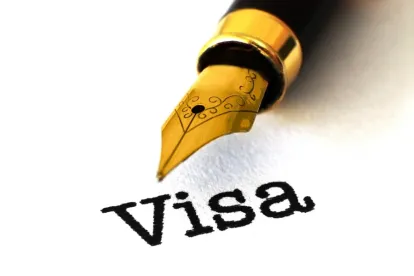On June 26, 2017, the Supreme Court partially lifted the injunctions granted by the Fourth and Ninth Circuits on President Trump’s second Executive Order commanding a temporary travel ban. The Supreme Court narrowed the application of travel ban, which will now only apply to nationals from the six designated countries “who lack any bona fide relationship with a person or entity in the United States.”
Department of State (DOS), the agency responsible for issuing visas at U.S. consulates, has been responsible for drafting the majority of government guidance on implementation, and we anticipate the largest impact to be on those processing visas abroad. DOS has now provided initial guidance on what they will consider to be a “bona fide relationship.” For business ties the relationship must be “formal, documented and formed in the ordinary course rather than for the purpose of evading” the travel ban. For family ties “close ties” will include a parent, spouse, child, adult son or daughter, son-in-law, daughter-in-law, or sibling in the United States. Grandparents, grandchildren, aunts, uncles, nieces, nephews, cousins, brothers-in-law and sisters-in-law, fiancées, as well as additional extended family will not be considered “close.”
Guidance from Customs and Border Protection (CBP), the agency responsible for inspecting and admitting visa holders to the United States, directs implementation at the ports of entry begin at 8 p.m. Thursday, June 29 ; however, some airports have indicated they may begin implementation as early as 10:30 a.m. on Thursday, June 29. All individuals currently in possession of valid visas will be permitted to travel. Accordingly, CBP anticipates little impact at the ports of entry.



 />i
/>i

